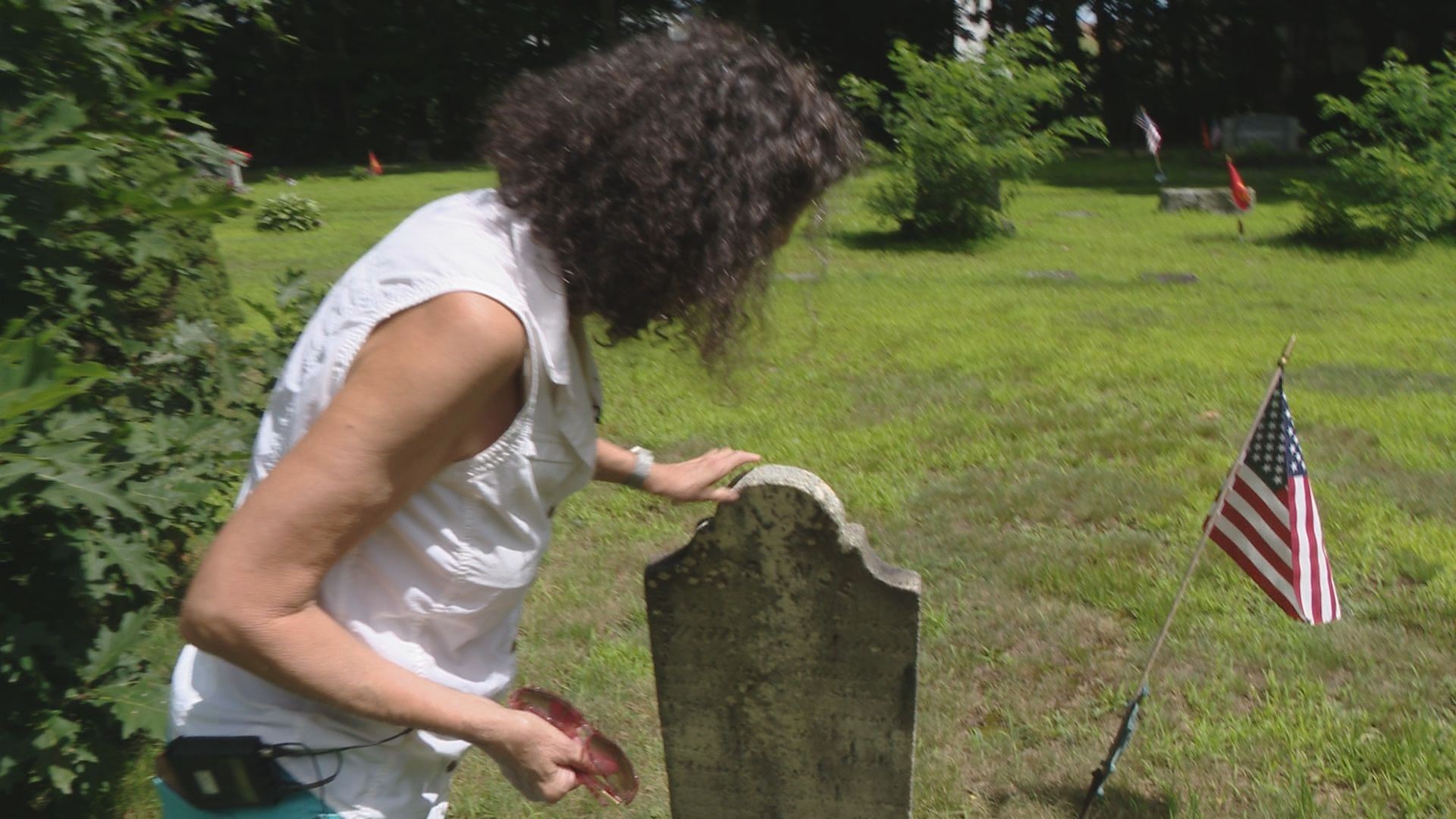PORTLAND, Maine — It's been almost a decade since Vana Carmona uncovered the truth about her family tree.
Carmona's ancestors were slaveholders.
While visiting her grandmother's and aunt's graves in Gorham's Eastern Cemetery, Carmona came across a headstone she didn't recognize bearing her family's last name. After doing a little digging, Carmona learned who Prince McClellan was.
"I thought that I was pretty well versed in the McClellan family and I obviously wasn't. So, I went home and he luckily has a reasonable amount of information about him," Carmona said. "I went, 'Oh my gosh, my family enslaved this man?' and I was just really stunned. I said, 'Wait a minute, I got to know more.'"
That was in May of 2014.
Since that discovery, Carmona has found the names of more than 2,000 enslaved men and women across Maine. She has spent hours tirelessly combing through public records, following leads, and transforming her findings into a searchable database.
It's called The Prince Project, and it's now officially a nonprofit.
"I'm so surprised at how many people I'm still finding it's just astounding," Carmona said. "This was always so under the radar, people didn't consider this of any importance."
Carmona discovered Prince was just one of at least seven people of color her family had enslaved over the years. Then, she remembered a conversation with her late mother.
"My mom said ‘Hey, did you ever find the black man?’ and, I said ‘Black man? What black man?’ and she said ‘Well, the black man, grandma said there was a black man who helped the family when they needed help," Carmona said. "Neglecting to mention that he was purchased in Antigua."
When Carmona first started digging into her research, she said people called her crazy and told her slavery in Maine never happened.
"I kept saying, 'But look, it did,'" Carmona said. "I don't understand why you wouldn't just want to know. Do you like being lied to? Do you like your entire school life being told a story if it's not entirely accurate? I'm not. It's Maine's history. It's our history. It's my history. I would rather know it than not know it."
Carmona now travels around the state giving presentations on her findings. Once her data is secured online, people will be able to search through it virtually from anywhere. Carmona said the scope isn't just about preservation, but education.
"I feel that people are much more willing now to confront [Maine's ties to the slave trade] than they were when I first started. I think that's a good sign," Carmona said. "So, where it goes? I don't know, we'll find out."
Watch the full 207 story above to learn even more about Carmona and The Prince Project.

